Organic farming produces crops or meat without synthetic chemicals or pesticides to ensure that these foods do not contain harmful residues. The skills and techniques developed in vegetable gardens and orchards began to be applied to large commercial enterprises. Organic production refers to products made without genetic modification (GMO), routine use of synthetic pesticides or herbicides, fair treatment of animals, and the unification and empowerment of rural communities.
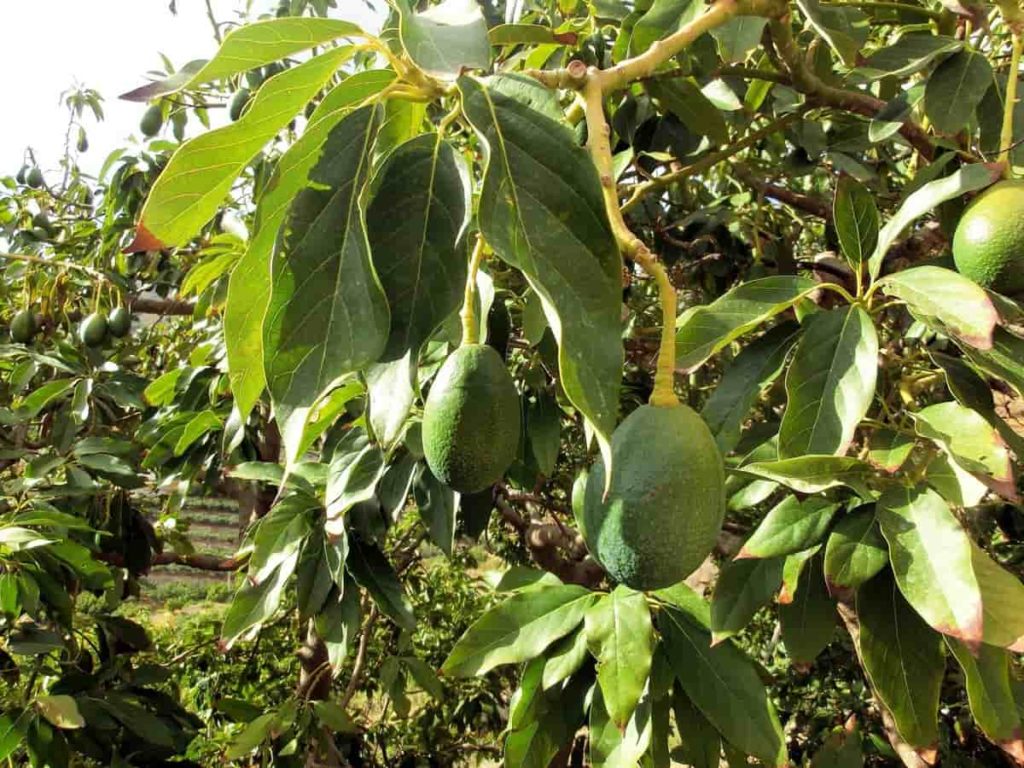
Organic production is the only sustainable option to benefit yourself, your environment, and future generations. Organic producers in New Zealand who want to export their products must comply with national or international standards for their market. Let’s check out more information about how to start organic farming in New Zealand below.
How to start organic farming in New Zealand
Methods of organic farming in New Zealand
- Compost and animal manure are added to the soil as fertilizer.
- Non-chemical sprays, including boiling water, are used to kill weeds.
- Some biological methods are used to control pests and diseases (for example, to kill insect predators).
- Stocks are grazed in ways that make them less susceptible to internal parasites.
Organic farmers start by focusing on creating healthy soil. It forms the basis of strong, naturally healthy plants and animals and healthy food. Organic foods consistently contain high levels of healthy antioxidants. Organic milk also has a better health profile than non-organic milk. Organic production benefits our ecosystem in many important ways. Organic farms are less polluting, contributing to biodiversity while protecting the health of our waterways.
Well-organized organic soil can also store large amounts of carbon, stabilize climate and make the planet habitable for future generations. Organics also support strong economies. The organic market in New Zealand and around the world is growing yearly. New Zealand’s organic producers are taking advantage of this impressive trend as more and more consumers are looking for healthy, safe food, beverages, and personal care products.
Certification under organic farming in New Zealand
Organic certification usually involves a farmer who avoids using artificial sprays, antibiotics, and pesticides and applies crop rotation, specific soil management, and animal husbandry practices. It is important to have good records for this process. Although all commercial producers in New Zealand are subject to requirements under the Fair-Trading Act, which covers misleading behavior, there is no specific legislation in New Zealand regulating organic certification, but several, including Demeter International, IFOAM, and BioGro.
In case you missed it: Dairy Farming in New Zealand: How to Start, Breeds, A Step-By-Step Guide for Beginners
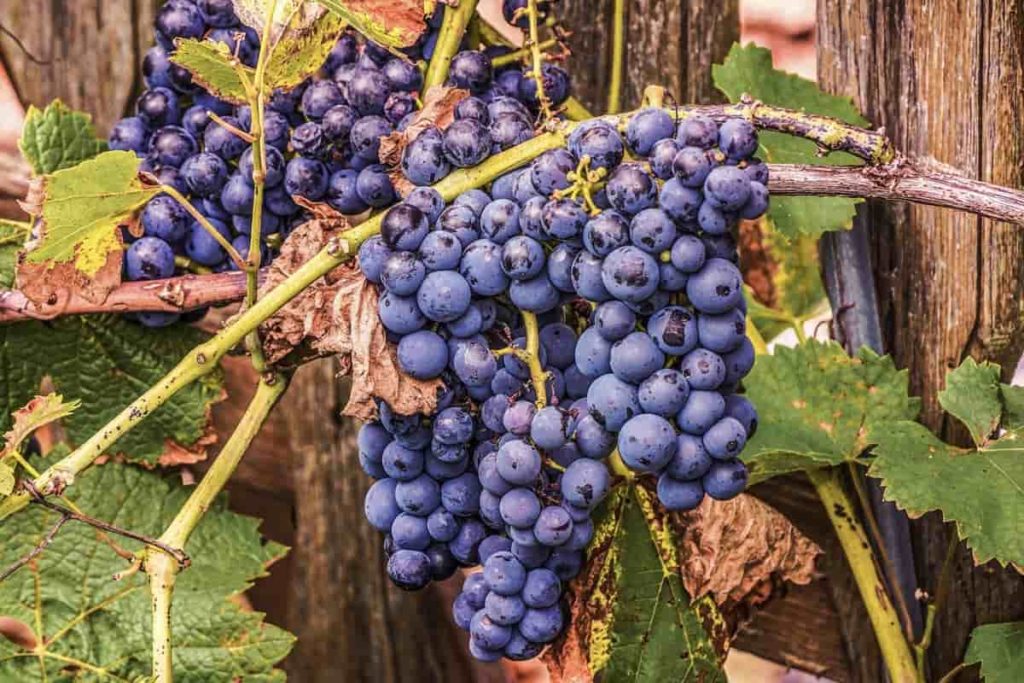
Organic certification standards mustn’t be food safety standards. Organic products must meet the same food safety standards as all foods for sale in New Zealand. Organics Aotearoa New Zealand’s strategy was to bring New Zealand production in line with the global average growth rate, increasing exports, converting more farms to organic produce, and increasing the volume generated by existing organic farms.
The department produces products worth $ 623 million from approximately 86,000 hectares of certified organic land, while approximately 6,000 hectares of land were in the process of organic conversion, which took three years. The conversion will increase the number of organic producers by 54%.
Organic certifiers in New Zealand
To achieve its goals, OFNZ provides an organic certification system for producers supplying the New Zealand market. There are currently five organic certifiers in New Zealand. For organic products grown and manufactured in New Zealand, find one of these logos as a guarantee of organic certification:
- OrganicFarmNZ certification is designed to be low-cost, educational, and supportive for small farmers. Proceeds from the certification process help educate and encourage more people to adopt organic principles in horticulture and farming. OrganicFarmNZ supports local organic food production. It is food grown by the locals for the locals. OrganicFarmNZ provides low-cost organic certification aimed at small producers that sell only in the local New Zealand market
- BioGro has been an important certifier of Organic farming. The goal is to simplify organic certification through innovation that allows producers to display NZ’s most trusted organic logo, allowing consumers to choose a truly organic product. Serve over 860 certified organic producers with a team of organic experts who are committed to helping your business achieve organic certification through our strict organic standards. BioGro provides organic certification for export and local markets.
- Demeter provides biodynamic certification.
- AsureQuality provides organic certification for export and the domestic market.
- Hua Parakora is the world’s first indigenous organic certification.
Types of organic production in New Zealand
Corn and Peas are the major organic crops in New Zealand. Kiwi fruit is the most popular organic fruit. It is challenging to grow apples organically because it is difficult to control insects and black spot fungus without spraying. Organic dairy produces milk, yogurt, and cheese. A small amount of organic meat is prepared, and children’s clothes and blankets are made from organic wool.
Most horticultural crops are in constant demand in the local market and some in the export market. These crops include fresh and processed Vegetables, Grains, Pulses, Avocados, Berries, and other fruits and nuts. Other areas of development include organic wine, juice, honey, seafood, and cosmetics.
Organic farming practices in New Zealand
Soil Health
Healthy soil is the main foundation of every organic system and is the cornerstone of organic farming methods. In general, every handful of dynamic organic soil contains billions of microorganisms. These creatures support the health of plants and animals and are silent heroes of every organic farm. Soil management in organic farming can include many techniques to support soil biology, increase fertility and increase organic matter.
Some important organic methods include cover cropping, composting, crop rotation, and grazing management. They also permanently release nutrients to plants, prevent erosion, and host a strong population of beneficial microorganisms. Healthy soil is essential for sustainable crop production and support for our ecosystem.
Cover crops
Covering crops offers an easy, cost-effective way to use the power of plants to create soil fertility. New Zealand’s organic production system grows core crops from dairy farms to vineyards. The core crop can be any crop – such as cereals, beans, or flowering herbs – whose main purpose is to improve farm health. After growing a covering crop, the farmer can dig it into the soil to improve soil nutrition or crush it as mulch to protect the soil surface.
In case you missed it: Poultry Farming in New Zealand: Breeds, How to Start
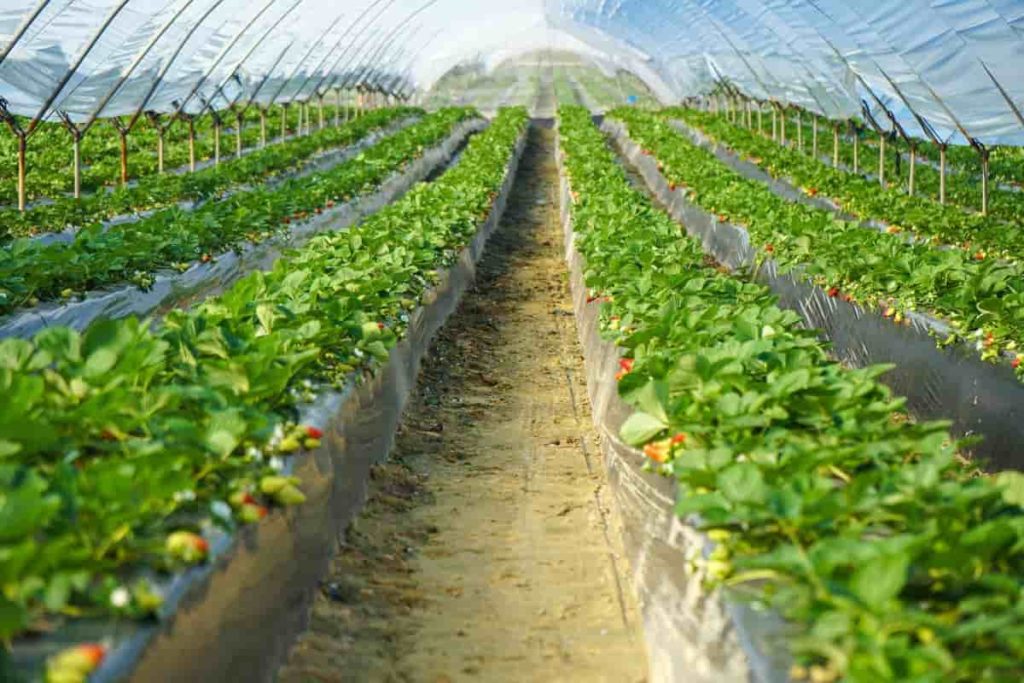
Crop rotation
Biodiversity is the basis of a dynamic organic farm. Organic annual crop farmers practice crop rotation, arranging different crops in the same place over time. Crop rotation helps maintain soil health, as each plant extracts different nutrients from the soil. It also prevents crop-specific pests and diseases from accumulating in one place.
Compost
Modern agriculture sector uses compost and mulch on annual crops, perennials, orchards, vineyards, and grasslands. Compost improves soil properties, provides nutrients in a stable organic form, promotes plant growth and health, and conserves water. It is important in organic farming, where synthetic fertilizers are not allowed.
Compost improves soil texture, provides a wide range of plant nutrients, and adds beneficial microbes to the soil. The maximum benefits of fertilizers on soil structure (better accumulation, hole spacing, and water storage) and crop yields are usually found after many years of use. Composting is another amazing way for many New Zealand organic farmers to grow naturally.
Fertilizer piles recycle crop and livestock resources, turning farm waste into the ‘black gold’ of soil health. There are numerous benefits to adding solid compost to the soil: it introduces beneficial microorganisms, provides nutrients to plants, and improves the soil’s ability to retain water and nutrients in the future.
Pest management
According to organic standards, insect pests can be controlled in cultural, mechanical, or physical ways. Addition or introduction of insect predators or parasites; habitat development for natural insect pests; and non-artificial controls, such as lures, traps, and repellent.
Organic farmers can use chemical tracers to trap insects, disrupt their reproductive cycle, and monitor their population levels. Some traditional cultural methods can be used to protect the crop from pests. It includes crop rotation, intercropping, etc. Mechanical and physical control includes coverage and barriers to farming, harvesting, harvesting, mulching, and organic soil. It turns the soil between crops to include crop residues and soil modification. It also destroys herbs and disrupts insect life cycles.
Biological pest control in the protection of plants is a method of controlling pests and diseases using other organisms that rely on predation, parasitism, herbivory, or some other natural mechanism with the interaction of active farmers. Natural enemies of terrestrial insects, known as biological control agents, are predators, parasites, and pathogens.
Agents for biological control of weeds are seed predators, herbs, and plant pathogens, while biological agents for plant diseases are antagonists. Biological agents in organic farming can be imported to places where they are not naturally occurring, or farmers can release additional natural enemies by increasing the naturally occurring population.
Number of organic farms are there in NZ
New Zealand’s organic sector, comprising 1,200 organic producers, brands, and stores, grew at an average annual rate of 6.4%.
Future of organic farming in New Zealand
- The continued expansion of export markets
- The continued increase in the number of farmers replacing organic products
- Food processors, distributors, retailers, and exporters are ready to handle organic production
- Researchers researching organic farms, orchards, and horticultural solutions and strategies for organic farms, gardens, and orchards
- Education providers involved in the organic sector
In case you missed it: Pig Farming in New Zealand: Breeds, How to Start
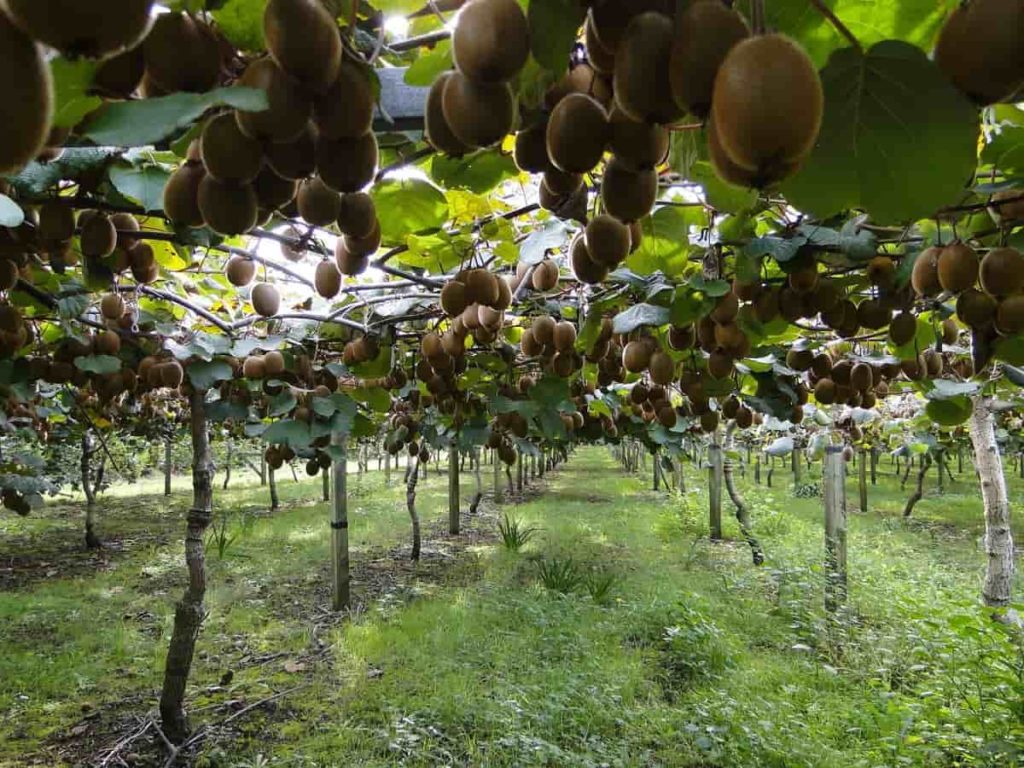
Requirements for organic products in New Zealand
‘Organic’ is a labeling term used for products manufactured to organic production standards, which a certification body or authority can verify. It is mainly based on minimizing the use of external inputs. For example, they are avoiding or eliminating the use of synthetic fertilizers and pesticides, antibiotics, growth promoters, genetic modification, and irradiation.
Organic handlers, processors, and retailers follow voluntary standards to maintain the integrity of organically manufactured products. Your organic operation requires “comply with depending” on the organic products market.
Selling
- Meet the standard regulatory requirements for product types (e.g., dairy, honey, and meat) and
- Comply with the Fair-Trading Act 1986 when using the term ‘organic’ in labeling and marketing claims.
Exporting
- Meet New Zealand standard regulatory requirements for product type – for example, dairy, honey, or meat
- Meet the requirements of the Official Organic Assurance Program (OOAP) if it is being exported under OOAP
- Meet the export market requirements of the exporting country, which is not covered under OOAP.
Importing
All imported organic products must meet New Zealand legal requirements for imported food. Additional requirements depend on the imported organic product type and its final use.
New Zealand standards for organic production
New Zealand standards were developed with NZFSA staff and 23 other organizations interested in organic matter. It aims to “find the minimum production requirements, processing, and organic products labeling, that includes plant and plant products, and animal and animal products.”
Although the organic standard is relatively comprehensive, it has not been updated since its publication. Many organizations, including the New Zealand Qualification Authority and the Commerce Commission, use it as a reference document. However, the standard must be updated to apply export certification in context.
Difference between organic and certified organic
Organic products have been certified, checked, and audited by reputable certification agencies such as BioGro. In New Zealand, you can’t count on an organic product to be authentic unless it has an organic certification logo like the BioGro logo on its packaging.
It is essential to be wary of imitations – products that say they are organic and sustainable but can go a long way. New Zealand is currently an unregulated organic market, which means greenwashing is common. Greenwashing is more than just marketing or promoting a more sustainable and organic product.
The Organics Movement and Organics Advocacy Network
Trends point to increased demand and productivity of organic food in New Zealand and overseas. In addition to the obvious benefits of market development to organic producers, it challenges the philosophical principles of organic farming and food. The organic sector’s persistent core is called the ‘Organics Movement.’ In contrast, the vast food sector extends to large retail chains and exporters that can carry organic products across a wide range of traditional foods.
In case you missed it: Goat Farming in New Zealand: Breeds, How to Start, Tips, and Ideas
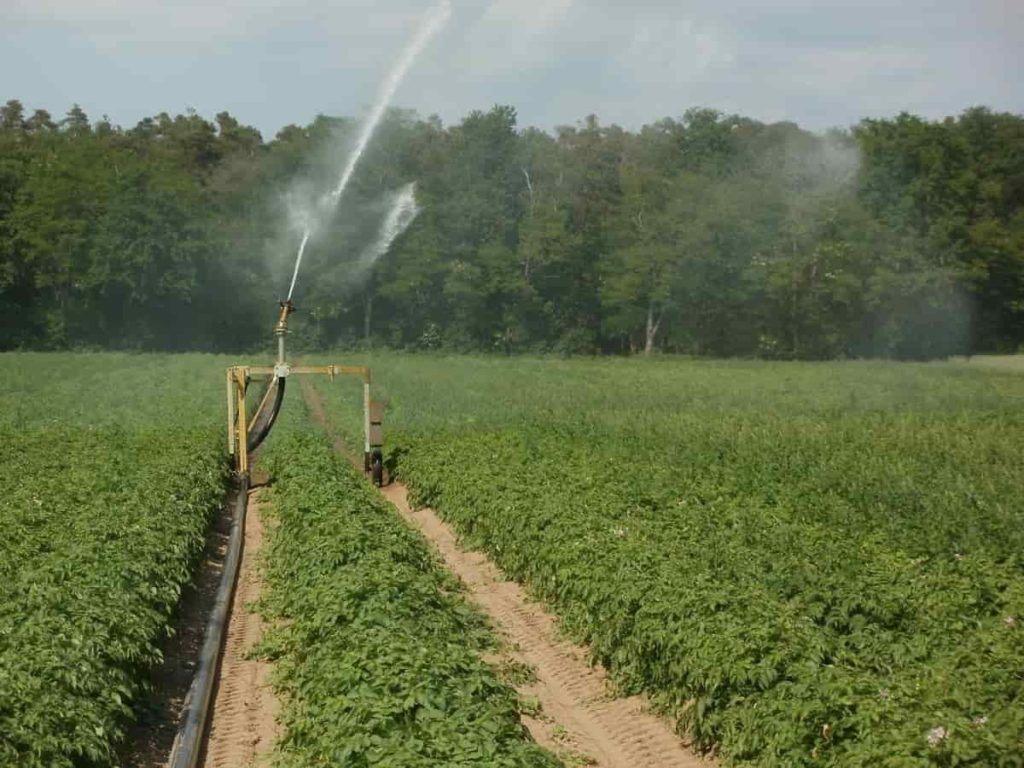
This broad field is called the Organics Advocacy Network. The Organics Movement is philosophically based, while the vast Organics Advocacy Network includes businesses and organizations primarily interested in the demand for premium prices for organic products in the market. The Organics movement may conflict with broader Organics Advocacy Network participants on some issues.
Although not yet particularly clear in New Zealand, this is becoming a challenge in the United States and Europe, where large companies, such as Walmart in the United States and Tesco in the United Kingdom, benefit from consumer demand picking up and offering a range of organic products in their stores.
Some in the organic movement, whose philosophical foundations include the preference for local and small-scale distribution, view it as the ‘occupation’ of the organic market by large corporations. It is viewed as the development of a natural market in response to consumer demand for products with a specific set of additional values.
New Zealand Organics sector
Organic farming is more than just ‘spray-free’ or ‘residue-free.’ Organic food is cultivated naturally without the use of synthetic pesticides or fertilizers. Organic farmers aim to produce healthy food from balanced living soil, and any processing is designed to maintain its natural goodness. Organic food production takes care of the environment. Organic farming has treated animals humanely, and rural communities have been united and empowered.
New Zealand’s organic sector is growing rapidly. Organics has a market share of $ 280 million or 2.5% of the domestic food and beverage market, with exports adding another $480 million with a total sector value of $ 760 million. Apple is second with $67 million in receipts. Kiwi fruit ranks third with $66 million, and organic wine exports have reached $65 million.
In case you missed it: Farming In New Zealand – Questions and Answers
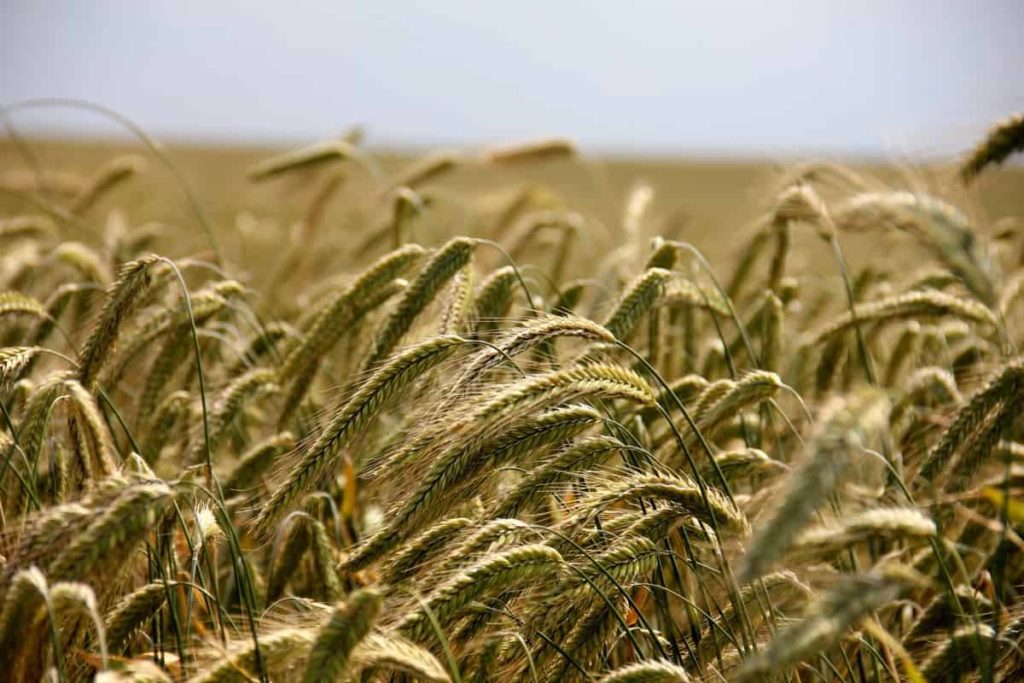
As exporters of agricultural products, New Zealand takes its reputation for safety and quality seriously – with a strong regulatory system and an internationally recognized and respected organic certifier. Most of New Zealand’s organic products are transported by highly efficient sea freight.
New Zealand has two IFOAM-approved organic certifiers, working with the Ministry of Basic Industries to verify compliance with environmental standards. Certified organic products from New Zealand are exported to major markets worldwide, including Europe, the United States, Australia, Japan, South Korea, Taiwan, China, and other Southeast Asian countries.
- Economical Aquaculture: A Guide to Low-Budget Fish Farming
- 15 Common Planting Errors That Can Doom Your Fruit Trees
- How to Make Houseplants Bushy: Effective Tips and Ideas
- Innovative Strategies for Boosting Coconut Pollination and Yield
- Pollination Strategies for Maximum Pumpkin Yield
- The Complete Guide to Chicken Fattening: Strategies for Maximum Growth
- Natural Solutions for Tulip Problems: 100% Effective Remedies for Leaf and Bulb-Related Issues
- Revolutionizing Citrus Preservation: Towards a Healthier, Greener Future
- Natural Solutions for Peony Leaf and Flower Problems: 100% Effective Remedies
- Maximizing Profits with Avocado Contract Farming in India: A Comprehensive Guide
- Natural Solutions for Hydrangea Problems: 100% Effective Remedies for Leaf and Flowers
- The Ultimate Guide to Choosing the Perfect Foliage Friend: Bringing Life Indoors
- From Sunlight to Sustainability: 15 Ways to Use Solar Technology in Agriculture
- The Ultimate Guide to Dong Tao Chicken: Exploring from History to Raising
- The Eco-Friendly Makeover: How to Convert Your Unused Swimming Pool into a Fish Pond
- Mastering the Art of Delaware Chicken Farming: Essentials for Healthy Backyard Flocks
- 20 Best Homemade Fertilizers for Money Plant: DIY Recipes and Application Methods
- How to Craft a Comprehensive Free-Range Chicken Farming Business Plan
- Brighten Your Flock: Raising Easter Egger Chickens for Beauty and Bounty
- How to Optimize Your Poultry Egg Farm Business Plan with These Strategies
- Subsidy for Spirulina Cultivation: How Indian Government Schemes Encouraging Spirulina Farmers
- Ultimate Guide to Raising Dominique Chickens: Breeding, Feeding, Egg-Production, and Care
- Mastering the Art of Raising Jersey Giant Chickens: Care, Feeding, and More
- Ultimate Guide to Raising Legbar Chickens: Breeding, Farming Practices, Diet, Egg-Production
- How to Raise Welsummer Chickens: A Comprehensive Guide for Beginners
- How to Protect Indoor Plants in Winter: A Comprehensive Guide
- Ultimate Guide to Grow Bag Gardening: Tips, Tricks, and Planting Ideas for Urban Gardeners
- Guide to Lotus Cultivation: How to Propagate, Plant, Grow, Care, Cost, and Profit
- Agriculture Drone Subsidy Scheme: Government Kisan Subsidy, License, and How to Apply Online
- Ultimate Guide to Raising Araucana Chickens: Breed Profile, Farming Economics, Diet, and Care
- Bringing Hydroponics to Classroom: Importance, Benefits of Learning for School Students
- Ultimate Guide to Raising Polish Chickens: Breed Profile, Farming Economics, Diet, and Care
- Ultimate Guide to Raising Australorp Chickens: Profile, Farming Economics, Egg Production, Diet, and Care
- Silkie Chicken Farming: Raising Practices, Varieties, Egg Production, Diet, and Care
- Sussex Chicken Farming: Raising Practices, Varieties, Egg Production, Diet and Care
- Homemade Feed Formulations for Livestock: Discover Cost-effective Starter to Finisher Feed Recipes